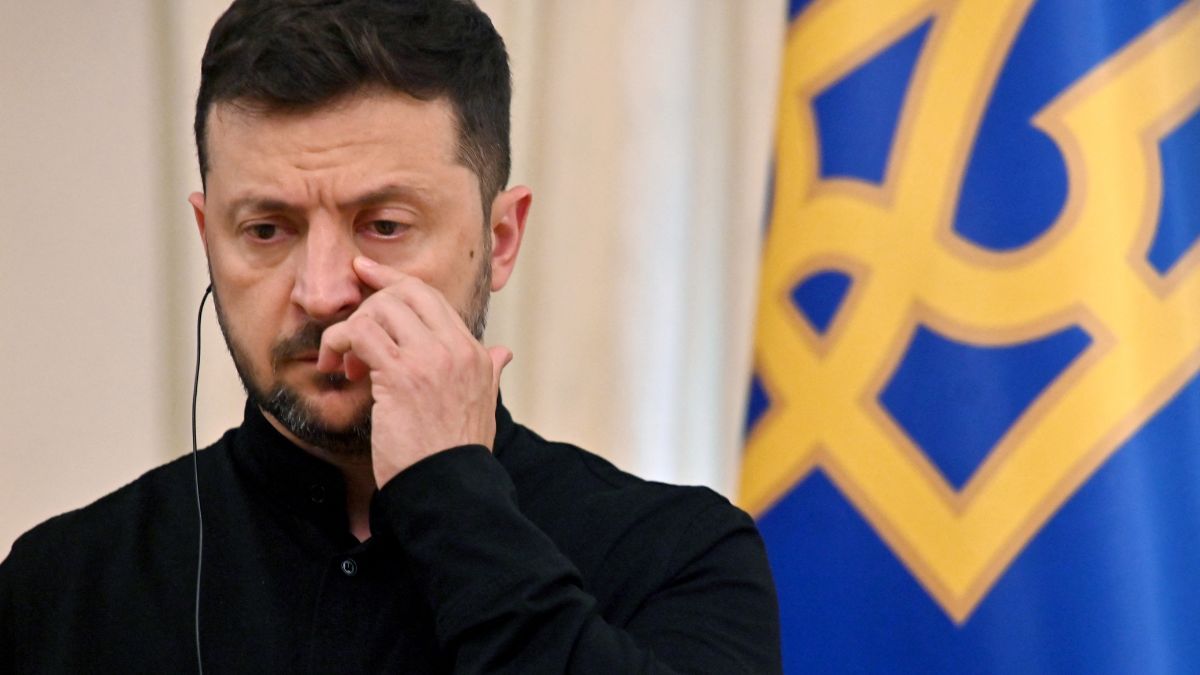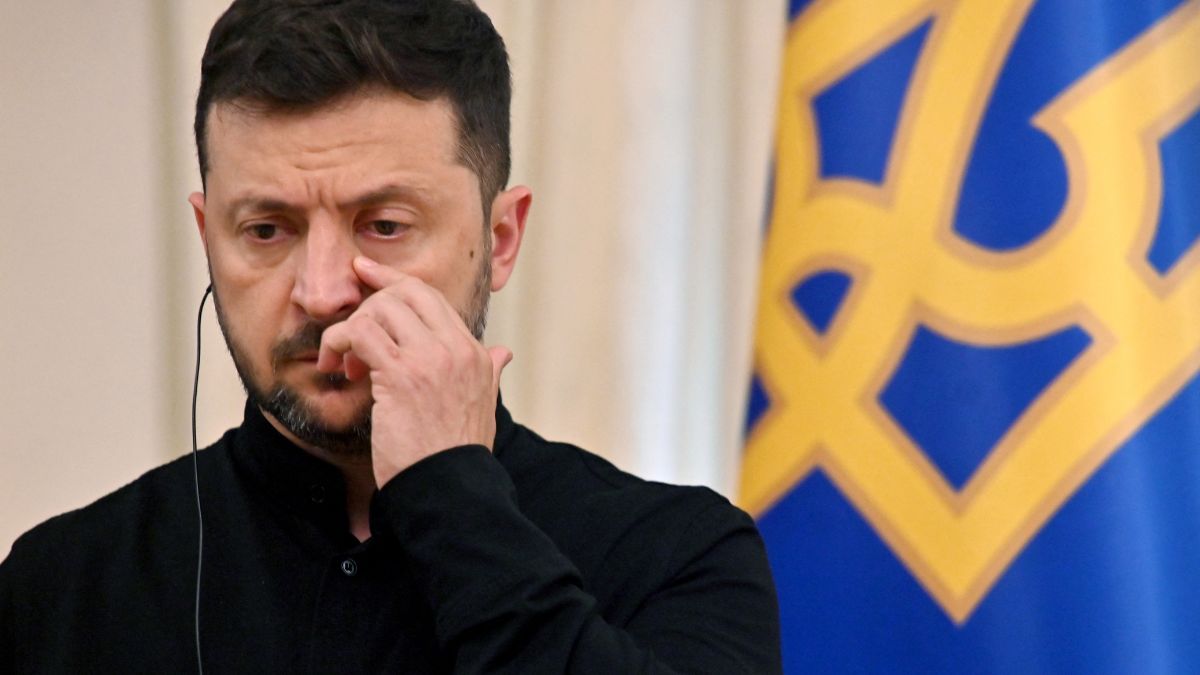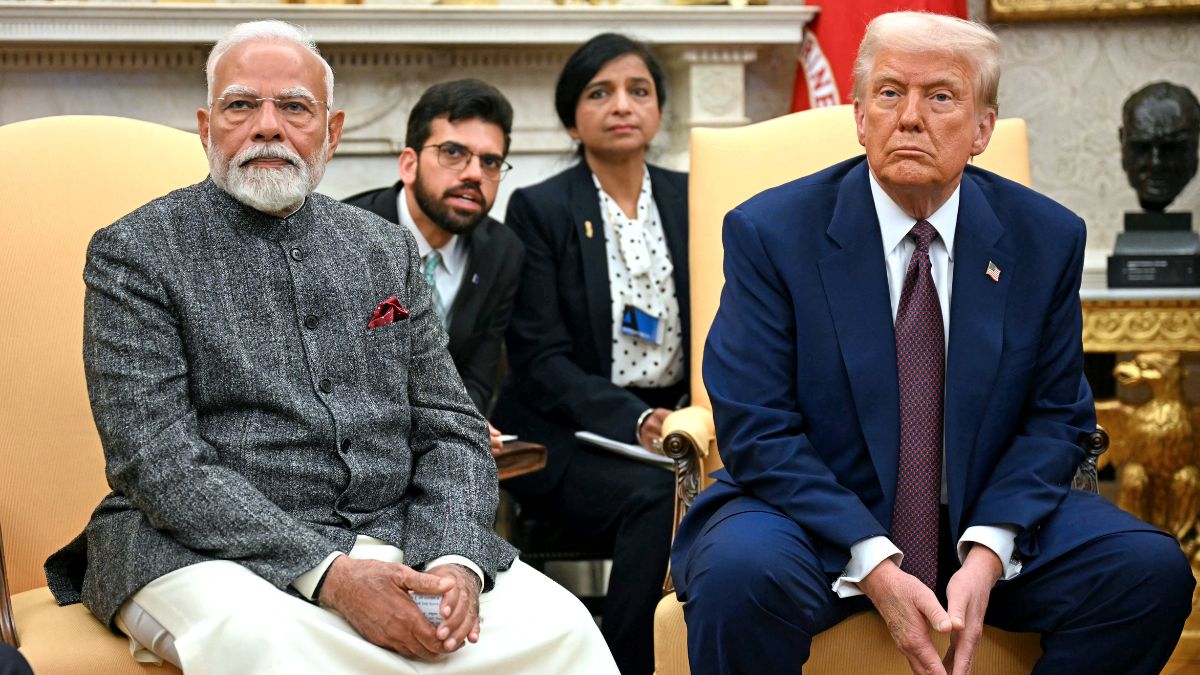On October 31, Defence Minister Rajnath Singh dedicated virtually to the nation the Major Ralengnao Bob Khathing ‘Museum of Valour’ at Tawang, Arunachal Pradesh. Singh was to visit Tawang, but due to inclement weather, the unveiling took place from Tezpur, Assam.
The function coincided with Deepawali, as well as the ‘Rashtriya Ekta Diwas’, which every year celebrates the birth anniversary of Sardar Vallabhbhai Patel, India’s first Deputy Prime Minister.
After paying a rich tribute to Sardar Patel, Singh dedicated a new statue of Patel in Tawang, which will symbolise “the unwavering spirit required to build a nation as diverse as ours”.
The defence minister also praised Major Bob Khathing. “Major Khathing not only led the peaceful integration of Tawang into India but also established essential military and security frameworks.”
The new ‘Museum of Valour’ is a tribute to “his bravery and foresight, inspiring generations to come”, he noted.
A number of dignitaries, including the Governor of Arunachal Pradesh, the Chief Ministers of Arunachal Pradesh and Manipur, Kiren Rijiju, the Union Minister of Parliamentary Affairs, as well as Maj Khathing’s family, were in attendance in Tawang.
It is a truly positive move that India has started to pay homage to its real heroes, but while one can only applaud this, one man has been forgotten in the process, though he was central to the Tawang expedition: it is Jairamdas Daulatram, the Governor of Assam, who ordered, organised, and monitored every step and action of Maj Khathing. It is a pity that the great man was not remembered on the day.
Impact Shorts
View AllWho was Jairamdas Daulatram?
Born in Sind in 1891, Daulatram studied law, started practicing, but soon gave up his practice to fight for the independence of his country. As early as 1915, Daulatram came in contact with Gandhi; his life was changed; later he also came to be closely associated with Vallabhbhai Patel and Rajendra Prasad.
At the time of the partition, Daulatram left Sind and decided to stay in India; he was appointed the first Indian Governor of Bihar, a post he held until 1948. From 1950 to 1956, Daulatram served as the Governor of Assam, where he played a key role in strengthening the administration of the North-East Frontier Tract.
‘Who asked you to do this?’
Several years ago, an Indian journalist, Sidharth Mishra, wrote an article, ‘Forgotten: The man who won us Tawang’, mentioning an incident that occurred soon after the takeover of the administration of Tawang: “Once the expedition was over, Bob [Khathing] had a final task to do — to go back to the Governor and inform him that he had carried out his duty without firing a shot. So, he set out downhill to Tezpur with a small retinue, leaving the expeditionary force in charge of [Maj TC] Allen. The Governor sent a Dakota to pick him up from Tezpur, and they flew to Delhi to see Jawaharlal Nehru.”
Mishra writes that the Prime Minister was livid. ‘Who asked you to do this?’ He then vented his anger at the Governor: “I wish you had the good sense to consult me before you commissioned this colossal stupidity. I want a complete blackout on this incident,” he ordered the PMO.
In Nehru’s ‘Selected Works’ there is a note dated February 9, 1951 (the day Khathing met the officials in Tawang), the Prime Minister commented on the takeover: “Tawang has now been occupied. Probably the step taken was justified. But it was an important step, and I should have been consulted about it. The instructions issued to the Officer Commanding [Khathing] should also have been placed before me before issue. This is a frontier matter involving possibly some complications and no step should be taken without full consultation.”
On March 18, 1951, the Prime Minister observed again: “I hear constantly about the activities of the North and North-East Border Defence Committee.” Nehru referred to the Himmatsinghji Committee headed by Himmatsinghji, India’s Deputy Defence Minister, to study the defence preparedness in case China occupying Tibet.
Nehru continued: “At no stage have these matters been brought up before me for consultation, although apparently consultations have taken place with the Governor of Assam and other people far away. … I am greatly concerned about this matter because … the manner of our going to Tawang and taking possession of it and thus creating some international complications has not been a happy one. I am yet not quite clear how all this was done without any reference to me.”
One can imagine what would have happened had the Prime Minister been in the loop.
Daulatram did it
The man who took all the responsibility was Daulatram, while Maj Bob Khathing, one of the most illustrious sons of the Assam Rifles, had the skills and intelligence to execute the Governor’s plans perfectly.
This reminds me of a story.
In November 1947, Brig Sam Manekshaw attended a meeting presided over by Lord Mountbatten in Delhi. He later related: “There was Jawaharlal Nehru, there was Sardar Patel, there was Sardar Baldev Singh [defence minister]. …[Mountbatten] handed over the (‘Instrument of Accession’) thing. Mountbatten turned around and said, ‘come on Manekji (he called me Manekji instead of Manekshaw), what is the military situation?’ I gave him the military situation, and told him that unless we flew in troops immediately, we would have lost Srinagar…once the tribesmen got to the airport and Srinagar.”
The future Field Marshal continues: “As usual, Nehru talked about the United Nations, Russia, Africa, God almighty, everybody, until Sardar Patel lost his temper. He said, ‘Jawaharlal, do you want Kashmir, or do you want to give it away?’ Nehru said, ‘Of course, I want Kashmir’. Then [Patel] said, ‘Please give your orders’. And before he could say anything, Sardar Patel turned to me and said, ‘You have got your orders’.”
Four years later, Jairamdas Daulatram stepped in to execute the Sardar’s orders given to the Himmasinghji Committee about Tawang; Patel was then on death bed.
Daulatram told the young Manipuri Naga officer to set up the Government of India’s administration in the Tawang area (then Kameng Frontier Agency). Before the prime minister got to know, the job was done.
However, it is a fact that the Ministry of External Affairs (Nehru had this portfolio under him) was regularly informed of the developments.
A proof is a top secret report, ‘Major Khathing’s Detailed Report About Towang’, sent in April 1951 by Haliram Datta, the Secretary to Adviser to the Governor of Assam, to SN Haksar, the joint secretary in the ministry.
Datta wrote: “In continuation of Shri NK Rustomji’s demi-official No.CGA.6/51, dated 3rd April 1951, I am directed to enclose herewith a copy of a detailed report from Major Khathing for the information of the Government of India.”
Though the ministry was fully informed as the expedition was progressing, it was legally the prerogative of the Governor of Assam to occupy Tawang, as it was definitely part of the Indian territory since 1914.
What was wrong with occupying a part of India’s territory?
Interestingly, for years the Chinese government did not react to the Daulatram/Khathing expedition.
An unpublished Chinese study on the McMahon line admits: “[Beijing] not being clear about the Indo-Tibetan border is clearly reflected in the map drawn by the troops that invaded Tibet.” The study further explains: “Regarding the map that the PLA used while invading Tibet, when the 18th Army led by Zhang Guohua invaded Tibet, they still did not have a Tibetan map that they could use. They only had a rough and simple map of Tibet showing subdivisions. There was not even a standard road map. The names of the places and the villages were neither precise nor accurate.”
Zhou Enlai’s views in 1956
Incidentally, during a talk with Zhou Enlai, the Chinese Premier told Nehru on December 31, 1956: “People like me never knew about it till recently. The then Chinese government, namely, the warlords in Peking and the KMT, naturally knew about it. Perhaps U Nu [the Burmese prime minister] might have told Your Excellency [Nehru] that we studied this question, and although this line was never recognised by us, still apparently there was a secret pact between Britain and Tibet, and it was announced at the time of the Simla Conference [in 1914]. And now that it is an accomplished fact, we should accept it. But we have not consulted Tibet so far. In the last agreement which we signed about Tibet [in 1954], the Tibetans wanted us to reject this Line; but we told them that the question should be temporarily put aside.”
But today Beijing claims the entire Arunachal Pradesh.
The writer is Distinguished Fellow, Centre of Excellence for Himalayan Studies, Shiv Nadar Institution of Eminence (Delhi). Views expressed in the above piece are personal and solely those of the writer. They do not necessarily reflect Firstpost’s views.


)
)
)
)
)
)
)
)
)



